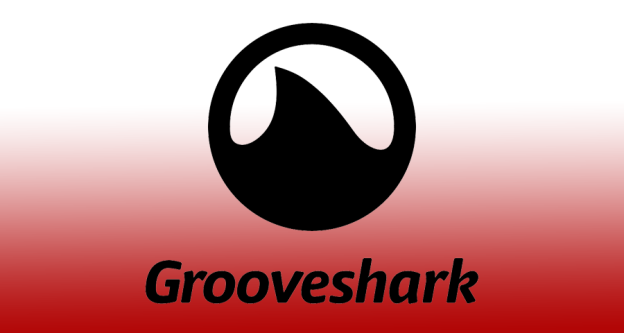
Warner Music Group and Sony Music Entertainment will join Universal Music Group in a copyright infringement lawsuit against music streaming service Grooveshark, reports The New York Times. Information about the music companies’ plans come from four anonymous sources who were briefed on the matter.
Grooveshark’s was initially sued by Universal after a person claiming to be a Grooveshark employee posted a comment on Digital Music News that said many of the company’s workers, including its CEO and a number of vice presidents, personally uploaded more than 113,000 songs to the service. Grooveshark hit back at the accusations, saying that Universal was basing the suit on “blatantly false” data.
With a userbase of 35 million, Grooveshark maintains that its business is legal because it operates within the parameters of the Digital Millennium Copyright Act (DCMA), which allows companies to host third-party content with impunity, as long as they abide by takedown orders from copyright holders. If, however, Grooveshark employees themselves uploaded tracks, they would be in violation of DCMA. Federal law allows for penalties of up to $150,000 per song, for this type of violation.


